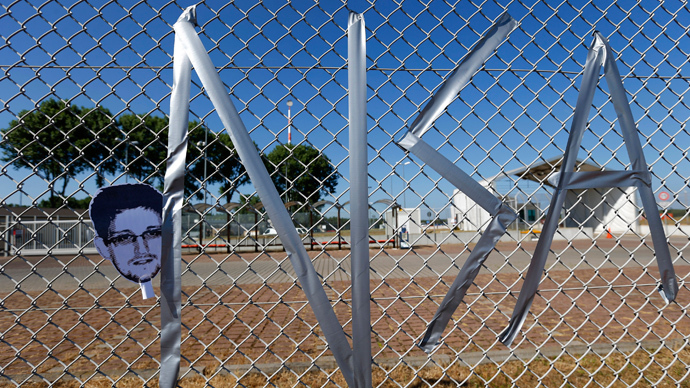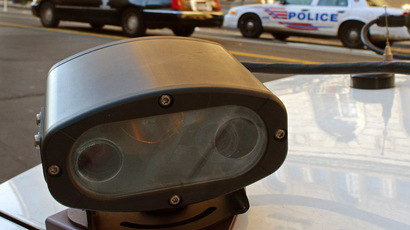Legal loophole: US offers no apologies for hacking internet encryption

The US Director of National Intelligence has issued a statement in response to a report revealing that the National Security Agency, with help from international allies, secretly inserted backdoors into various encryption and internet security services.
Intelligence agencies in the US and United Kingdom have spent millions to bribe technicians - perhaps even planting agents inside telecommunication companies - in a bid to penetrate the encryption used by hundreds of millions of people to protect their privacy online.
The report detailing the intelligence agency’s efforts was published Thursday by The Guardian, and is the latest result of the leaks from former NSA contractor Edward Snowden.
The office of James Clapper, director of US national intelligence, has responded by saying the government would simply not be doing its job if it did not use legally dubious techniques to quietly monitor Americans’ everyday communications.
“It should hardly be a surprise that our intelligence agencies seek ways to counteract our adversaries’ use of encryption,” read the statement issued Friday. “Throughout history, nations have used encryption to protect their secrets, and today, terrorists, cyber-criminals, human traffickers and others also use code to hide their activities.”
Close readers may focus their attention on the statement’s mention of “and others,” a loophole that conceivably writes the government a blank check to spy on anyone it sees fit.
“I am the other because I do not trust my government in general, or the people working for its security apparatus in particular,” wrote Ken White of the Popehat law and civil liberties blog.
“I am the other because I believe the security state and its representatives habitually lie, both directly and by misleading language, about the scope of their spying on us. I believe they feel entitled to do so,” he adds.
Among the representatives of the so-called “security state” is US President Barack Obama, who again drew the ire of civil liberty advocates this week when he appeared to admit that he lacks the knowledge of what exactly the NSA is doing.
Obama participated in a press conference at the G20 summit in which he was questioned about accusations from Brazil and Mexico that the NSA has spied on their heads of state.
“I mean, part of the problem here is we get these through the press and then I’ve got to go back and find out what’s going on with respect to these particular allegations,” said President Obama in St. Petersburg. “I don’t subscribe to all these newspapers, although I think the NSA does, now at least.”
Obama took time out of his G20 schedule to hold a closed doors session with Brazil’s President Rousseff for nearly 30 minutes on Thursday, to address the country’s outrage at allegations that her communications with top members of her government had been intercepted.















